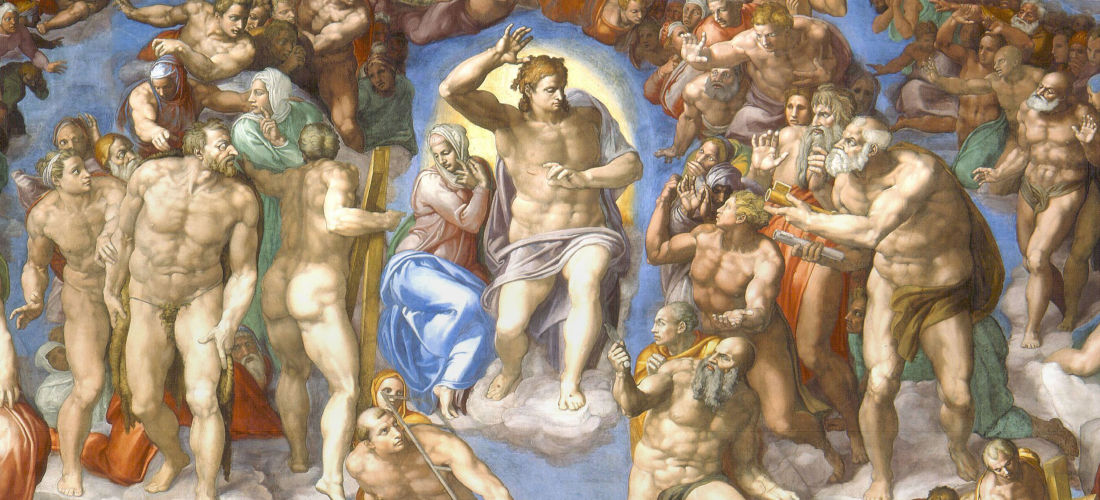
this is an australian christian website

this is an australian christian website
change one degree
christianity contrasts assumptions
Change is like movement along a curve over time, starting as something small then broadening and increasing almost of its own accord . One degree of positive change is intentional, an internal dialogue we initiate as care for ourselves. The process begins.
Change has outcome. If there is no change, how will we know what we could experience at a future point.
Another type of change is when it is forced upon us, such as a personal crisis. During crisis and turmoil we don’t understand what is going on. We react not knowing if we have a genuine rudder to guide us. If we learn about change and awareness, it is like acquiring a toolbox. A reactive crisis is more readily managed. But so to is our ability to love and relate with other people day-to-day, and in some cases even to prevent an otherwise bad outcome.
If our lives do not know about the process of change, perhaps due to fear or unawareness, what life-tools do we have apart from what is already in our “toolbox”, the toolbox we think we have. Trying to gain life skills by taking a course, a certificate, and mentally applying it is not as reliable under varying conditions. We need what becomes embedded within us.
Avoiding life’s problems does not stop them. Ships from the 1900s were more easily wrecked than today, with catastrophic failure of lifeboats weighing tonnes that therefore smashed and broke into the ocean like tinder. One degree of change may determine life itself, or hope instead of yielding to defeat. This is not a theory of life, or about teaching and philosophy, but is a landscape of future directions and your ownership rather than its absence.
birth of a decision is the change of one degree
What we act on changes our lives. If we grasp this, we see a truth, which then enables us to see the corresponding contrast of no change. Some of us deeply want these kinds of inner tangibles that impact our lives, rather than sole focus on material possessions. If we distract ourselves or become held by other things, I believe time passes more rapidly with less sense of satisfaction. Some of these issues become critical and are only effectively changed through the power of the Cross of Christ.
Decisions are like the seedling that breaks the topsoil – fruit bearing or brambles, the wheat or the tares that look like wheat. A single decision now can open up a critical awareness and position in your state of being years down the track. We are not talking about reckless or unfounded decisions either, misplaced faith, battering our conscience or identity.
Our internal responses to life are happening all the time, permitting us to respond, or simply not seeing them. Often there are answers beyond our current view. A good approach to much of life is that there is always an answer. Finding this is the struggle. It is distressing when we see the impact of crisis on another person. The extent of impact varies depending on what the person learns during their life. Life will have situations that need us to push through the impossible and apparent barriers, or fail. There is no condemnation here.
We know this pain and experience, but change, awareness and mature contact with others can be the necessary difference. If change is too far a shore to see, we may find someone who can be a champion for us. This is true humanity at work. If we do push through impossible situations, we discover some amazing things, and are then open to helping someone else’s cry. That is the exercise of real Christianity. But let us not be ignorant. If we have deeper insight into such matters, we know when to pick up the banner on someone’s behalf, and when to sadly say no. A thousand may fall before us, or the loss of one may be our sacrifice to help.
for my friends 
If God exists, there is a higher moral position that justifies turning with simple heart, even one degree towards God.
God sees all men – a simple turn towards him shows humbleness and is not unnoticed.
It is His job to bring yourself to Him through your singular act of free will in accepting His righteousness.
Our creation has two kinds of tangibles, those material with cause and effect, and those “unseen” that are perhaps more real – trust in God, faith, hope and righteousness. These same qualities lead to genuine and meaningful love, bounded in spirit and effectiveness. How often we call out for the experience of what is true, stable, reliable and unchanging. God’s love is not yes today and no tomorrow, but always yes.





